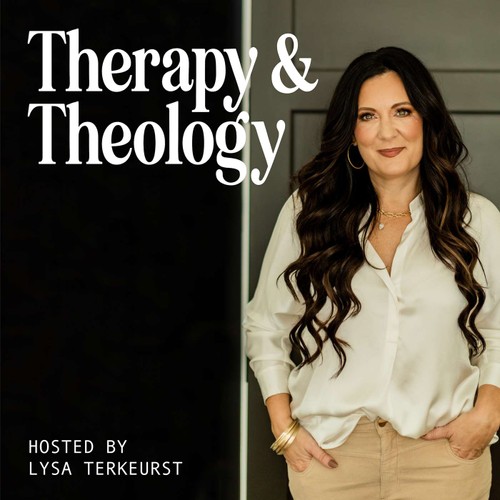
 Therapy and Theology
Therapy and Theology S7 E5 | Am I Trying To Control What Is Actually out of My Control?
5 snips
Oct 17, 2024 Heartbreak can trigger relentless thought spirals, making it hard to break free from anxiety. Explore the intricate balance between trust and control in relationships, and how personal battles with uncertainty can weigh heavily on emotional well-being. Discover the importance of self-reflection and emotional regulation when navigating life's challenges. Embrace the need to surrender certain controls to a higher power while seeking personal responses to regain a sense of security. Unpack the complex dynamics of stewardship versus authoritarian control for a more fulfilling life.
AI Snips
Chapters
Transcript
Episode notes
Thought Spirals as Control Attempts
- Lysa TerKeurst shares her struggle with thought spirals triggered by uncontrollable situations in her life. - She realized these spirals are attempts to control what she doesn't trust, especially after many worst-case scenarios occurred.
Late Night Thought Spirals
- Lysa shares her experience trying to process thought spirals late at night with her husband, who can’t always engage then. - She often spirals because processing doesn't assure her safety; she must believe safety herself.
Journal and Respect Timing
- When alone and spiraling, write your thoughts in a journal to process and release them healthily. - Respect the right timing for processing to avoid exhaustion and frustration for yourself and others.
